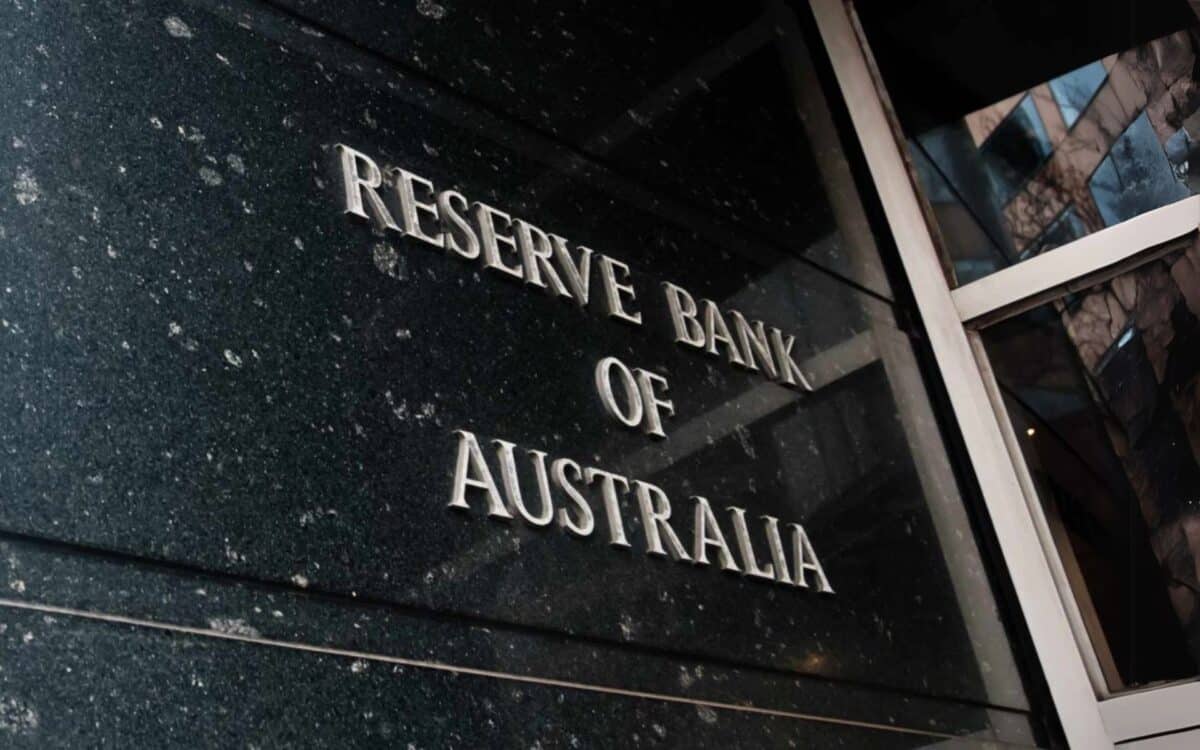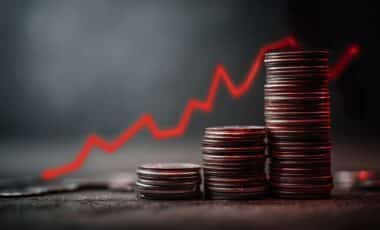Growing global financial instability has significantly heightened concerns about economic slowdowns, putting increasing pressure on the Reserve Bank of Australia (RBA) to take swift action.
As financial markets experience turmoil, calls are intensifying for the RBA to cut interest rates by 50 basis points during its next meeting in May.
The ongoing impact of US tariffs on international trade, alongside fears of a slowdown in key trading partners such as China, have raised alarms across the Australian economy.
Economic analysts and experts are urging the central bank to address these challenges immediately to shield Australians from further economic distress, as highlighted by 7News.
Global Financial Turmoil Raises Expectations for a Rate Cut
Recent developments, including the ongoing US-China trade conflict, have fueled expectations for a significant interest rate cut by the RBA.
While a recession in Australia is not widely predicted, economists are concerned about slower economic growth and higher unemployment, particularly as a result of tariffs imposed by US President Donald Trump.
Deutsche Bank recently became the first major institution to forecast a 50 basis point rate cut by the RBA in May. Markets have priced in a 96% chance of such a cut, signaling that investors are anticipating swift action from the central bank to mitigate the economic fallout.
Phil O’Donaghoe, chief economist at Deutsche Bank, pointed out that although Australia is relatively insulated from the direct effects of US tariffs, it remains vulnerable to a slowdown in key trading partners like China.
An aggressive RBA response is appropriate, and consistent with precedent – O’Donaghoe said.
Political Debate : Is a Recession Imminent?
The discussion around the potential rate cut has sparked political debate, with Opposition Leader Peter Dutton criticizing Treasurer Jim Chalmers. Dutton argued that the suggestion of a 50 basis point reduction indicated a belief in the imminent risk of a recession.
The Treasurer is out there talking about a 50-point reduction in interest rates, which means, obviously, that he sees a recession coming for our economy – Dutton said.
He further added,
He wouldn’t be talking about 50 points as a reduction next month if he didn’t believe that there was going to be a significant souring of the Australian economy on his watch.
However, Chalmers clarified that his remarks were based on market forecasts, not his own predictions, and emphasized that Treasury forecasts did not predict a recession for Australia.
We have, as a government, continued to see the economy grow – he said.
Polling data indicates a shift in public opinion on economic management, with a recent survey showing 31% of Australians favoring Labor’s economic vision over the coalition’s 29%.
This has intensified political maneuvering ahead of future elections, as the government seeks to position itself as the better economic manager in uncertain times.
Dutton also remarked,
As we get closer to the election, I think Australians will continue to focus on who is better able to manage the economy, and therefore to manage the cost-of-living crisis that Labor has created.
Growing Calls for Immediate Action
As global financial instability continues to rise, economists, business leaders, and politicians are calling for the RBA to take immediate action.
Prominent economists, including Greg Jericho and Stephen Koukoulas, as well as Greens senator Nick McKim, have urged the central bank to convene an emergency meeting and reduce rates right away.
People are hurting already, and every week of delay increases the risk of a recession which will hurt Australians even more – McKim said.
They argue that any delay in cutting rates would increase the risk of a deeper economic downturn, especially as inflation concerns persist and employment levels remain volatile.
The global economic environment, marked by rising tariffs and geopolitical tensions, further complicates Australia’s ability to maintain stable growth. The economic uncertainty stemming from President Trump’s tariff threats has already impacted global markets, with Wall Street experiencing significant sell-offs.
In Australia, consumer confidence has also taken a hit, with Westpac’s consumer sentiment index falling by six percent in April. The Reserve Bank is under pressure to act decisively in the face of these challenges, as businesses and households seek stability in the midst of growing financial volatility.









